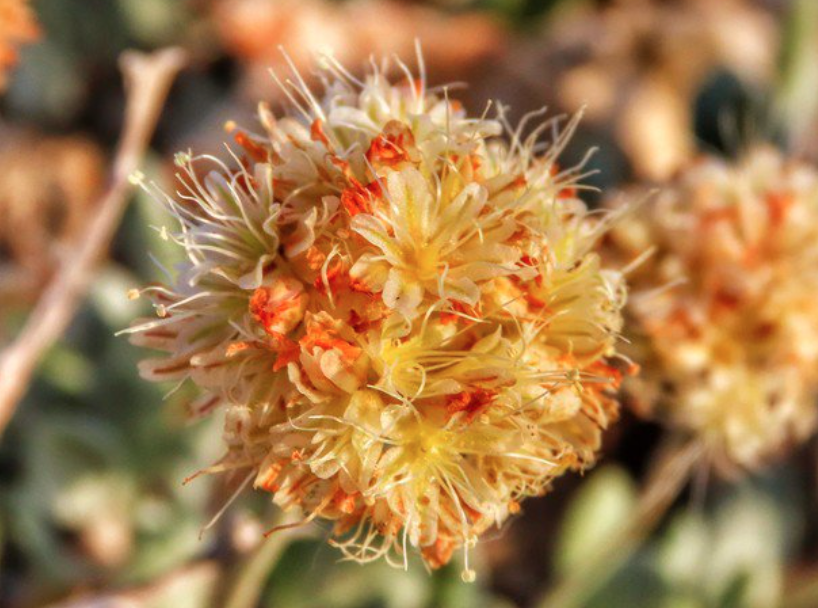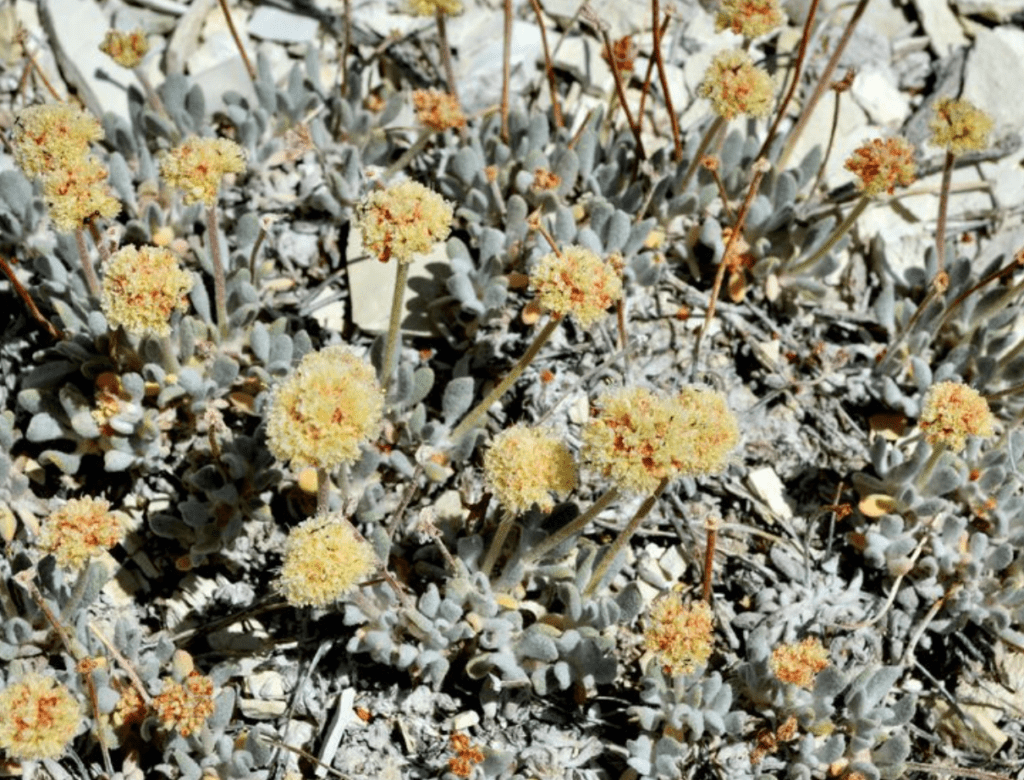Rare Nevada Flower Prevents Lithium Plant Biz Go-Ahead
By Jill Brooke

In an effort to protect the Tiehm’s buckwheat flower in Las Vegas- a plant found nowhere else on earth – the Center for Biological Diversity successfully campaigned to put the brakes on a lithium mining business project from a company called “Ioneer” that was also being financed by a South African mining company and South Korean battery maker.
According to Reuters, the group called it “a banner day for native plant conservation.” They got the U.S. Fish and Wildlife Service to list the Tiehm’s buckwheat flower as an endangered species. Smart, right?
Australia-based Ioneer told Reuters it supports the agency’s move and is “highly confident that with a combination of avoidance, propagation and translocation, we can achieve the successful coexistence of Tiehm’s buckwheat and our environmentally significant project.”
Now the future construction will have to be more ecologically sensitive to move ahead.
There was a bit of controversy around the flower’s reductions.
Between July and September 2020, over 17,000 plants, or over 40% of the population, were wiped out with massive damage to the habitat. Conservation biologists at the University of Nevada, Reno, land management agencies, and Ioneer, theorize that the damage was caused by burrowing rodents, supported by evidence from wildlife surveys and game cameras. However, other groups like the Center for Biological Diversity and Eriogonum researcher Benjamin Grady disagreed and instead theorize that systematic, targeted vandalism was the cause of the losses.
Flowers are healers and catalysts for good, I always say. A compromise is in the works now which is promising. Ioneer would be making batteries for electric cars, which is also the future and helping Nevada’s economy.
With the love of flowers growing among the public, efforts to preserve floral histories and flowers are gaining widespread support.
The State of the World’s Plants and Fungi 2020 estimates that nearly 40 percent of the world’s plant species are at risk of extinction.
I know that doesn’t sound promising however this clarion call is getting people to gather together – nice word together – for a series of measures to improve the world’s plant research collections and enhance access to the data contained in nearly 400 million preserved plant specimens.
This is a crucial component in addressing environmental challenges such as biodiversity loss and climate change.
So this development with Tiehm’s buckwheat may show how industries can work with environmental concerns successfully.

